|
|
||
|
Pro Tools
FILMFESTIVALS | 24/7 world wide coverageWelcome ! Enjoy the best of both worlds: Film & Festival News, exploring the best of the film festivals community. Launched in 1995, relentlessly connecting films to festivals, documenting and promoting festivals worldwide. Working on an upgrade soon. For collaboration, editorial contributions, or publicity, please send us an email here. User login |
PSIFF: Inside CITIZENFOUR with Filmmaker Laura Poitras & Reframing Ed Snowdenby Quendrith Johnson, Los Angeles Correspondent
Just as the biggest breaking story drops in her lap, filmmaker Laura Poitras is thinking ‘why did he choose me?’ The ‘he’ in question is then 29-year-old Edward Joseph Snowden, an outsourced infrastructure analyst working for a subcontractor to the NSA. And the rest is history. Encrypted emails came out of the blue to Poitras almost exactly two years ago, January, 2013. The implications for average netizens were astounding. We’re talking on a scale of Us vs Them, Them being machines that can make literally ‘a trillion choices a second.’ Machines, actually a network of information retrieval portions unseen ever in human experience. With innocuous code names like 'Stellar Wind,’ the potential to harm innocent individuals with ‘suspicionless surveillance,’ and private phone calls being collected at the rate of 320 million day. Full conversations, full disclosure, fulfilling some private agenda for the public servants at the highest levels of the US Government sworn to protect the people. At Snowden’s recommendation, Poitras pulled in journalist Glenn Greenwald from The Guardian in the UK. Snowden skips the country to Hong Kong, in hopes that they won’t extradite him. Clearly he had done his ex-patriot homework. Next wave after wave of Breaking News items hit the scroll as Americans wake up to the fact that their online lives would never be the same. In fact, their online lives hadn’t been the same since after 9/11. Finally, Citizenfour, a film based on Snowden’s code name in contacting Poitras, gets made from the behind-the-scenes footage the filmmaker shot during this whole escapade now two years in the country’s rearview mirror. Last night at the 26th Annual Palm Springs International Film Festival, Laura Poitras took to the stage after a screening of Citizenfour to collect an award for Filmmakers Who Make a Difference. Festival Director Darryl Macdonald said earlier via the website, “Laura Poitras’ astonishing documentary, Citizenfour, has played a major role in changing our perceptions regarding fugitive Edward Snowden and about Governmental intrusion into our private lives through the tools of technology. It's for these reasons that the Festival has seen fit to honor her role as a filmmaker who has truly made a difference through her work.” On stage before she arrives with Dana Harris, Founder of entertainment industry news site Indiewire, Macdonald will reiterate that this award is based on Citizenfour’s impact. “This year something remarkable happened,” he begins. “What that is can summarized in two words. Laura Poitras.” Macdonald continues with “What she has done in bringing this to light is truly remarkable. We create this award for her. It was created by the festival in recognition of the roles filmmakers play… a first-ever Filmmakers Who Make a Difference Award.” In person, Laura is exceptionally polite but literally unable to hide the hunted look behind her eyes. She comes from a well-to-do family from Massachusetts, who were so successful in their family business that they could in fact donate $20 million to MIT for research. Chasing after grants, exposing government secrets, and taking down hypocrites for the National Interest seems like an unlikely path given the privilege Laura could enjoy based on the economic strata she comes from, but this is a rule breaker, a ground breaker, and most of all, a creative artist at the intersection of making films and making news. At some point during the award ceremony, she will make reference to 89-year-old D. A. Pennebaker, whom she considers a huge influence. Donn Alan Pennebaker is a documentarian who received a Lifetime Achievement Award from the Academy in 2013 for his role in introducing us to cinema verite. Cinema verite is that in situ style of no-holds-barred filmmaking that is best exemplified in “Monterey Pop,” Pennebaker’s 1967 iconic coverage of that event. But Poitras has her own style of cinema verite, and for Ed Snowden, she literally was as immersed as he was during the making of Citizenfour. Dana Harris moderated the Q & A, and here is Laura Poitras in her own words on why we should see Ed Snowden as a human being, rather than a media phenomenon or a talking point:
How It All Began, A Worldwide Scandal Fomented by Some Hard Truths LAURA POITRAS: “I first started receiving emails in Jan 2013. I was thinking, ‘okay, could this be an entrapment issue?’ This was clearly material for a newsroom, for print reporting. ‘Why are you contacting me?’ ‘How do I know you are not crazy.’ He said, ‘I’m never going to ask anything of you,' as far as entrapment - we definitely built trust. But it wasn't until right before we went to Hong Kong, that it was pretty real, because I hadn't seen a document.” “Glenn (Greenwald) and I were completely shocked by who we met. Because he was so young. What he felt was needed to be known by the public, that the Internet was being used in a (bad) way. He understood what happened to people who went through the usual (whistleblower) channels. These were career government workers, I think the word is (public) servants, so I think it made him think about how he would come forward.”
On How CITIZENFOUR Was Made “When I was shooting in the hotel room, I was shooting alone. By going alone it affords me the ability to be patient. I was making back-ups… in case we got raided. So when I got back to Berlin, I made sure to distribute things.” “We were editing, and (news-worthy) things were continuing to happen as we were editing. There were questions about what we could include in the film, and what we couldn’t. We always had to have two heads about what was happening. We were very very carefully about what we shared - we asked (the distributors, film executives) to come to Berlin. We took away cells phones, and we did screenings at that stage where we redacted things. When we showed it at NY Film Fest, we took away their cell phones. We had redacted parts of the film. It was encrypted. There are still some redactions in it. All those things added a layer of complexity to the film. I feel that film is a public experience. We were trying to keep the circle tight.” “This film really went through waves, probably a year of really intense anxiety. That really powerful people would be angry. Now it seems a bit more calm, which isn't to say it is normal.”
On the Aftermath of Breaking News & the Film’s Impact “I don't really trust that my email is that private. Physical surveillance was really just for the first months in Hong Kong. There was a lot of uncertainty that you just don't know where it is going. I'm along then for the ride. In this case it was pretty clear, once I was in the hotel room, my experience kicked in: ‘I will hopefully get the material I need to edit the film.’ When. I got back to Berlin, we thought of it as concentric circles. We didn't want the film to have a third act resolution, because we don't have closure. We wanted the film to push (the issues), not have a feeling of closure.” “One of the biggest surprises in the film is the humor in it, between Edward and Glenn. You only see that with bigger screenings.”
On How Their Threshold Was ‘Will This Get Our Door Kicked In’ “Would there be an effort to stop the reporting? There wasn't any (thing done). The government was trying to contain the reporting we were doing. But no one ever approached me directly.” “As a documentary filmmaker, the work that we do is as a journalist - it is journalism and a film. Films don't exist to break news. I've been making cinema verite, where you film events while they are happening in real time, (so) there is as much uncertainty for you as a filmmaker, as for the people you are filming. The tension and drama was very present when I was making it. But it is very much crafted. I consider myself a filmmaker first.” "What you see at the end of the film (shots of ‘listening posts’ Menwith in UK and ‘Dagger Complex’ in Germany), those were Trevor (Paglen, filming) putting on a backpack and climbing to get there. Those shots were hard to get.” “I’m still in touch (with Snowden), I'm still reporting on documents, but not as much. I've been traveling a lot.”
Next Up For Laura Poitras? “I hope to do something non-linear. A non-linear film. Maybe for a museum!” CITIZENFOUR, released in the US in October and now up for awards consideration, is the critically acclaimed documentary from Radius/TWC from writer/director Laura Poitras that chronicles the news breaking revelations of NSA subcontracted infrastructure analyst Edward J. Snowden, who could no longer stomach what he believed to be the trampling of rights and freedoms expected by most Americans. “We used to call it Freedom & Liberty. Now we call it Privacy. Then we turn around and say, ‘there is no privacy. Privacy is disappearing.” [Excerpted from Citizenfour.] See https://citizenfourfilm.com for more information. *Thanks to Laura Poitras for being available at the end of the screening to answer questions. The Palm Springs International Film Festivals wraps up this weekend on Jan. 12, 2015… Until next year. # # #
10.01.2015 | Quendrith Johnson's blog Cat. : CitizenFour Edward Snowden Glenn Greenwald Laura Poitras Monterey Pop psiff PEOPLE
|
LinksThe Bulletin Board > The Bulletin Board Blog Following News Interview with EFM (Berlin) Director
Interview with IFTA Chairman (AFM)
Interview with Cannes Marche du Film Director
Filmfestivals.com dailies live coverage from > Live from India
Useful links for the indies: > Big files transfer
+ SUBSCRIBE to the weekly Newsletter Deals+ Special offers and discounts from filmfestivals.com Selected fun offers
> Bonus Casino
User imagesAbout Quendrith JohnsonThe EditorUser contributions |


















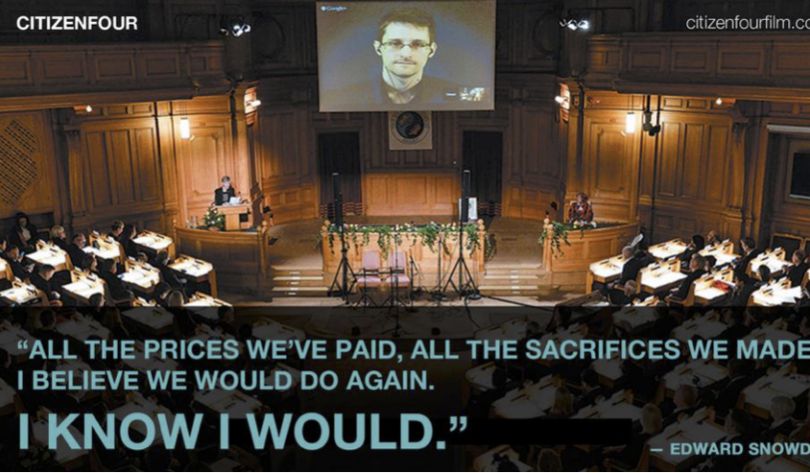


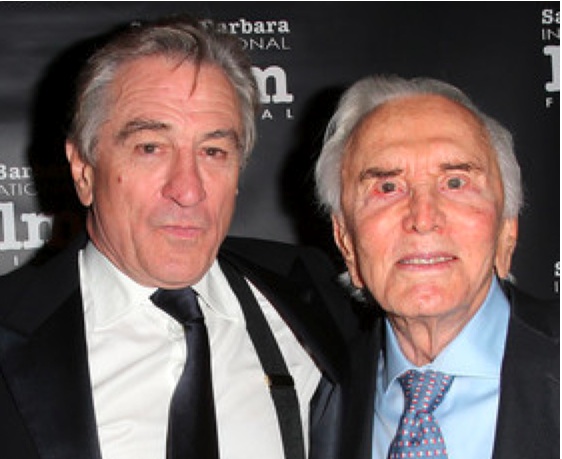
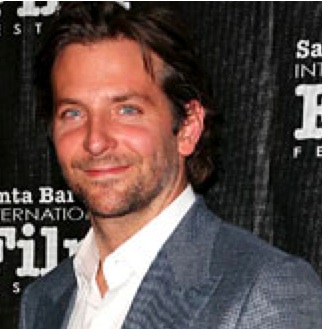
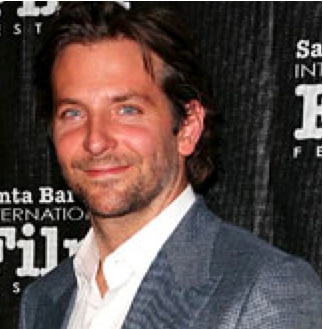

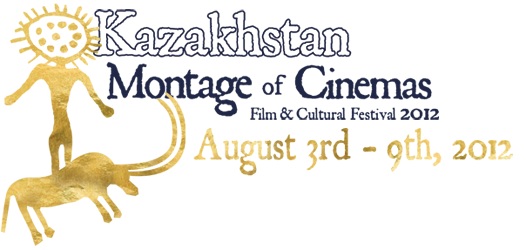
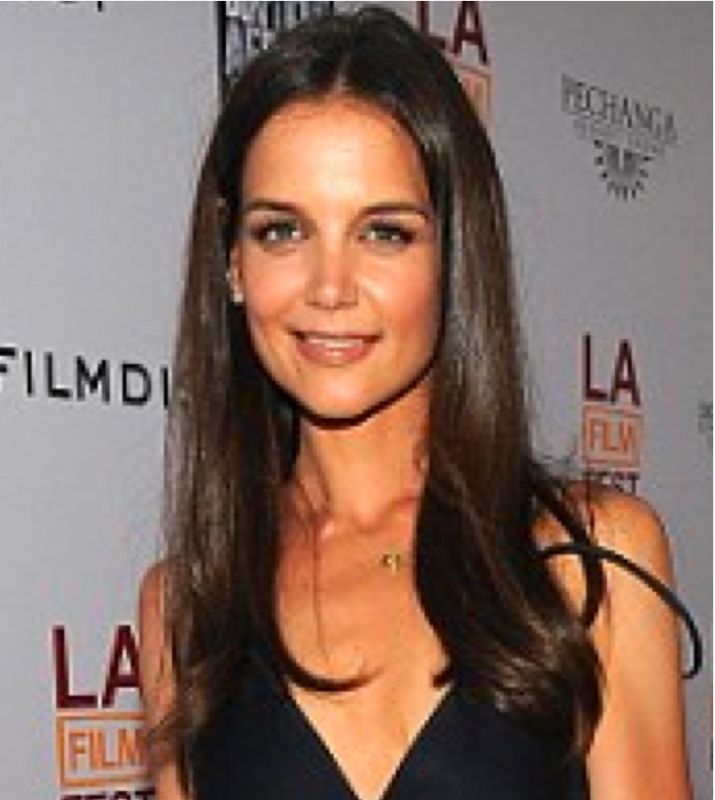
 Johnson Quendrith
Johnson Quendrith 


